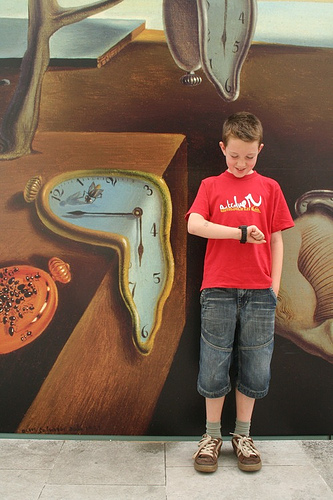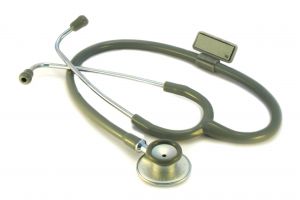 As a pre-medical or pre-dental student, visiting another country to volunteer in a clinic can be a valuable, even life-changing experience that strengthens your commitment to medicine and teaches you about patient care in a different cultural or economic context. If you are interested in serving communities abroad and learning more about global health issues, clinical volunteer work in another country is a great idea! There are, however, some points to “know before you go.”
As a pre-medical or pre-dental student, visiting another country to volunteer in a clinic can be a valuable, even life-changing experience that strengthens your commitment to medicine and teaches you about patient care in a different cultural or economic context. If you are interested in serving communities abroad and learning more about global health issues, clinical volunteer work in another country is a great idea! There are, however, some points to “know before you go.”2. Evaluate the organization or program carefully before you commit. How long has it been in operation? Have you talked to anyone who has participated in the past? What plan is in place should you fall ill or are injured?
3. Consider your budget when looking at programs as well as less expensive ways to volunteer that might be equally interesting to you. Some opportunities can be extremely expensive.
4. A good clinical volunteer experience is not the one where you are allowed to do the work of trained physicians and dentists. When volunteering abroad, your level of training may be vastly overestimated by staff and patients. Consider carefully whether you, as a patient, would want an untrained volunteer giving you medical advice or performing procedures such as pulling teeth or conducting hands-on exams. Show respect for patients by knowing your limits before you go abroad and expect that you may be asked or invited to perform duties beyond what you might do at a clinic at home.
Read: An interesting ethical case study on the AMA’s website, “Limits on Student Participation in Patient Care in Foreign Medical Brigades,” profiles a third-year medical student who sutured incisions without supervision.
It may seem necessary to volunteer abroad to build a strong application, but it isn’t the case. Also, you may despair that your clinical volunteer work will not impress admissions committees because you “didn’t get to do a lot of hands on stuff” that other students have reported from their experiences. Know that professionals on admissions committees are troubled by applicants who appear to have put themselves before the patient by taking on care beyond their training.
Having the above in mind while searching for a clinical volunteer experience can help you find a “good fit” for what is sure to be a rewarding, exciting, and educational time in the field.







